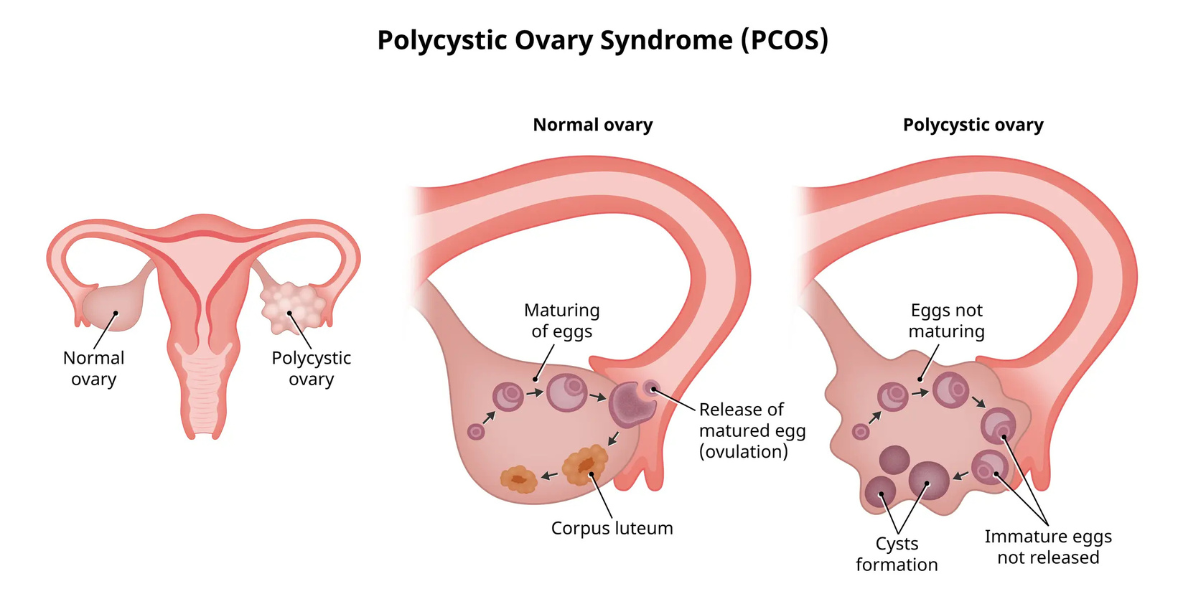
Health benefits of the golden spice
Turmeric, known as the “golden spice,” has been a cornerstone of traditional medicine and culinary practices for centuries. Derived from the rhizome of the Curcuma longa plant, this vibrant yellow-orange powder is more than just a kitchen staple. It owes its remarkable properties to bioactive compounds, primarily curcumin, which is renowned for its potent anti-inflammatory and antioxidant effects.
The Medical History of Turmeric
The history of turmeric dates back nearly 4,000 years, with its origins rooted in the Indian subcontinent. It has been an integral part of Ayurveda, the ancient Indian system of medicine, where it was used to treat a variety of conditions ranging from respiratory disorders to digestive issues. Traditional Chinese medicine also embraced turmeric for its ability to invigorate blood circulation and alleviate pain. In medieval Europe, turmeric was known as “Indian saffron” and was primarily used as a dye and flavoring agent. Over the centuries, its medical applications expanded as scientific communities began to uncover the mechanisms behind its healing properties.
How Turmeric is Used Today
Today, turmeric’s role in health and wellness is more prominent than ever. It is widely used to combat inflammation, which is at the root of many chronic diseases including arthritis, heart disease, diabetes and even cancer. Turmeric is also a popular natural remedy for conditions like irritable bowel syndrome (IBS) and ulcerative colitis due to its ability to soothe the gastrointestinal tract. It is also used in skin care to reduce acne, scars and redness, thanks to its antibacterial and antioxidant qualities.
Benefits of Using Turmeric Supplements Daily
Incorporating turmeric supplements into a daily routine can yield significant health benefits. These supplements are often enriched with piperine, a compound derived from black pepper, which enhances curcumin absorption by up to 2,000%. Regular use of turmeric supplements can help reduce joint pain and stiffness in individuals with arthritis. They may also lower the risk of neurodegenerative diseases like Alzheimer’s and Parkinson’s by neutralizing oxidative stress and reducing brain inflammation. Furthermore, turmeric supports liver health by aiding in detoxification processes and protecting against liver damage. Its immune-boosting properties make it an excellent addition to a wellness regimen, especially during times of illness or high stress.
Conclusion
Turmeric is a natural powerhouse with a rich history and remarkable health benefits. From reducing inflammation to supporting overall wellness, it is a simple yet effective way to improve your health. Adding turmeric to your daily routine, whether through food or supplements, can help you take advantage of its many therapeutic properties and enhance your quality of life.






